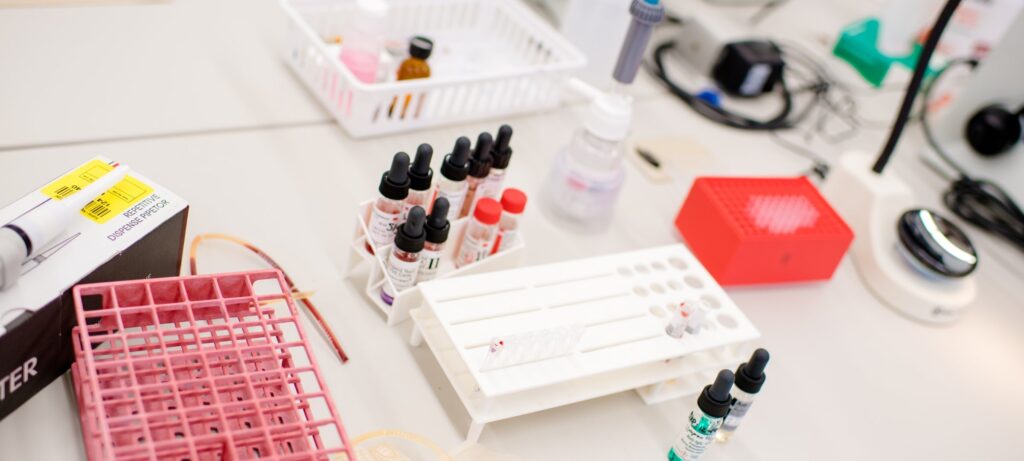
In the complex web of healthcare systems, medical laboratories play a pivotal role that often goes unnoticed by the general public. These laboratories are the unsung heroes, providing critical data that informs diagnoses, guides treatment plans, and helps prevent the spread of diseases. Without the precise and accurate work conducted within these facilities, the entire healthcare system would struggle to function effectively. The importance of medical laboratories in disease diagnosis and prevention cannot be overstated, as they form the backbone of modern medicine, ensuring that healthcare providers have the vital information needed to make informed decisions.
Medical laboratories are integral to the diagnostic process, offering a range of tests that help identify the presence of diseases from the common flu to complex conditions like cancer. These laboratories employ advanced technologies and methodologies to analyze samples such as blood, urine, and tissue, providing accurate and timely results. For instance, the Polymerase Chain Reaction (PCR) test, a staple in many labs, allows for the detection of genetic material from viruses and bacteria, proving essential in diagnosing infections such as COVID-19. The reliability of these tests ensures that doctors can pinpoint the exact nature of a patient’s illness, allowing for targeted and effective treatments.
Moreover, the role of medical laboratories extends beyond just identifying diseases. They are also crucial in monitoring the progression of illnesses and the effectiveness of treatments. Regular lab tests can indicate whether a treatment is working or if adjustments are needed. For chronic conditions such as diabetes, labs provide essential information on blood sugar levels, enabling doctors to fine-tune medications and dietary recommendations. This continuous monitoring is vital for managing long-term health issues and improving patient outcomes.
Medical laboratories are not just about diagnosing and monitoring diseases; they are also at the forefront of prevention efforts. Through extensive testing and research, these labs contribute to public health initiatives by identifying potential outbreaks and tracking the spread of infectious diseases. For example, during an outbreak of a contagious disease, laboratories conduct surveillance testing to detect new cases and determine the scope of the outbreak. This data is crucial for public health officials to implement control measures, such as quarantine protocols and vaccination campaigns, to prevent further spread.
In addition to outbreak management, medical laboratories play a significant role in vaccination programs. Before vaccines are approved for public use, they undergo rigorous testing in labs to ensure their safety and efficacy. This involves multiple phases of trials, including laboratory-based research to understand how the vaccine interacts with the immune system. The success of vaccination programs, which have eradicated diseases like smallpox and controlled others like polio, heavily relies on the foundational work done in medical laboratories.

The field of medical laboratory science is continuously evolving, driven by technological advancements that enhance the accuracy and efficiency of diagnostic tests. Innovations such as next-generation sequencing (NGS) and mass spectrometry have revolutionized the ability to detect and characterize diseases at a molecular level. These technologies allow for the identification of genetic mutations linked to specific diseases, enabling personalized medicine approaches where treatments are tailored to an individual’s genetic profile. Such precision medicine is set to transform healthcare, making treatments more effective and reducing adverse effects.
Furthermore, the integration of artificial intelligence (AI) and machine learning into laboratory processes is opening new frontiers in disease diagnosis and prevention. AI algorithms can analyze vast amounts of data rapidly, identifying patterns and predicting outbreaks with greater accuracy. This predictive capability can be crucial in preempting health crises and deploying resources effectively to mitigate their impact. As these technologies continue to develop, the role of medical laboratories will become even more central to global health strategies.
Medical laboratories are the hidden pillars of healthcare, underpinning the diagnosis, treatment, and prevention of diseases. Their contributions are indispensable, providing the detailed and accurate information needed for effective medical care and public health initiatives. As technology continues to advance, these laboratories will play an increasingly critical role in shaping the future of healthcare, ensuring that we can diagnose, treat, and prevent diseases with unprecedented precision and efficiency. The importance of medical laboratories cannot be overstated—they are essential to the health and well-being of societies worldwide.